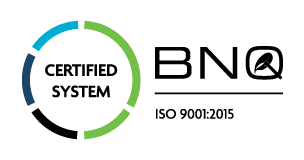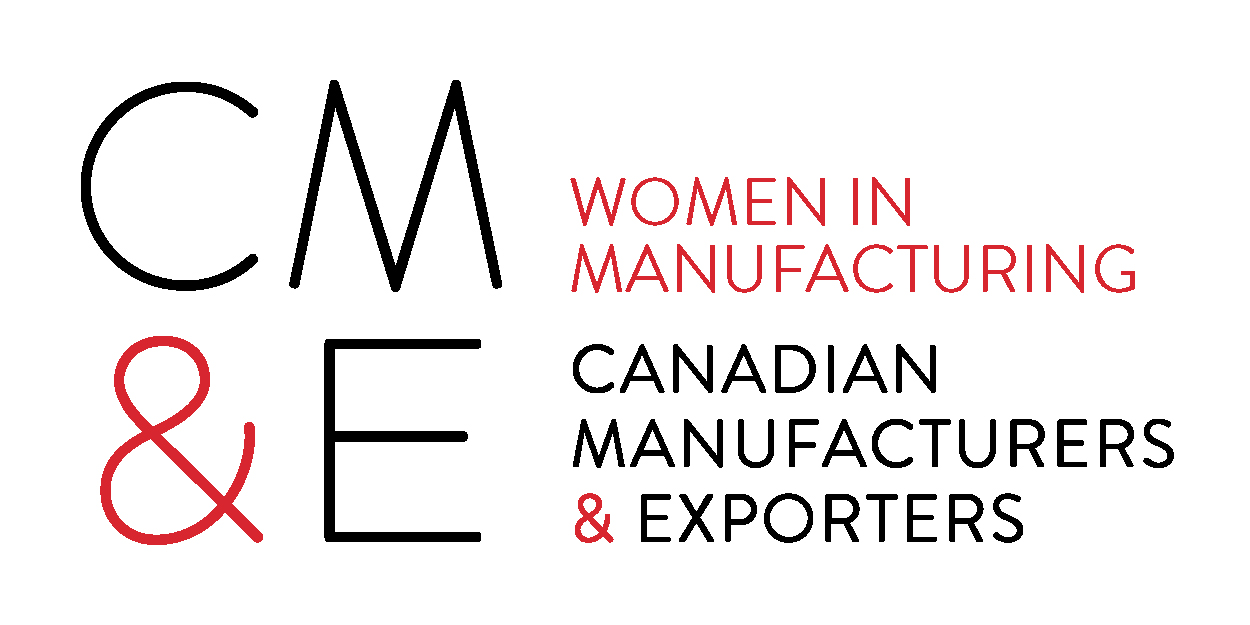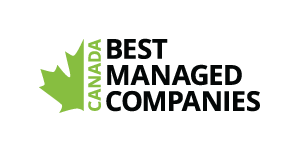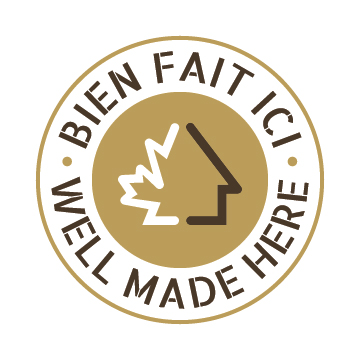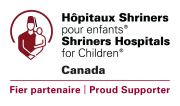Since 1978, Adfast has manufactured innovative assembly, caulking, insulation and protection solutions. The quality of our sealing products has helped us build a solid reputation in the industry.
The global market for polymer-based adhesives and sealants – estimated to reach US$82 billion in 2025 – is currently dominated by huge multinational conglomerates based in Germany and Japan. How can a medium-sized Quebec company with 120 employees compete and conquer the World?
The answer: by becoming a leader in research and development thanks to a partnership with McGill University.
Adfast’s goal: to challenge the dominance of the sealant giants
Adfast’s CEO, Yves Dandurand, summarized the company’s goals in a few words:
“Since 2004, Adfast has invested significant resources to develop highly complex polyurethane hybrid polymers, which have the potential to compete with patented chemicals manufactured by major German and Japanese companies. We will challenge the dominance of these two giants who control 80% of the hybrid polyurethane polymer market.”
With such an ambitious goal, Yves Dandurand is constantly searching for ways to improve efficiency, collaboration and competitiveness. Alongside the efforts to improve production processes, Adfast is also looking for ways to offer sealing products that are less hazardous to human health and safer for the environment.
A meeting that would change everything
To help him achieve his goals, Yves Dandurand turned to PRIMA Quebec in 2016, an organization with institutional expertise in materials science. This is where he met Milan Maric, McGill University professor.
Professor Maric is an expert in polymers, the long-chain molecular structures widely used in modern life, through his chemical engineering lab. McGill’s polymer synthesis and characterization facility has become a platform to create new types of polymers that may be useful in Adfast products. The partners have finally received funding through a three-year NSERC Collaborative Research and Development Grant.
Standing out by creating non-toxic products
Although they have useful properties in polyurethane formation, isocyanates are deadly. They caused the tragic 1984 Bhopal disaster in India, which resulted in 4000 deaths. The goal is therefore to remove these elements from all Adfast products, such as Adseal sealants and Adfoam polyurethane insulating foam. This achievement could be an industry game-changer.
Making progress on the issue of isocyanate free polyurethane polymers (NIPU) is no small task. Yves Dandurand estimates that it will take two years to develop the product before it is ready to market. The work on NIPUs may potentially be a means of containing CO2, which is an added benefit.
Adding isocyanate free polyurethane polymers and other safer products to our product line will certainly contribute to Adfast’s current success. The company currently produces around 10 million Adbond adhesive and Adseal sealant cartridges per year, which is six times what it produced in 2006. Sales of Adfoam insulating polyurethane foams are also growing exponentially. Adfast also plans to expand its presence abroad and has secured the support of several government agencies.
“I think that we will shorten the commercialization process of new technologies with McGill. We definitely recommend that other Quebec companies turn to McGill University for their commercial challenges,” said Yves Dandurand.
McGill students also benefit
The partnership with Adfast has been a win-win situation for McGill University’s professor Maric. “They have been a dream partner. Adfast’s engineers have been enriching our students’ education experience by working full time with them, sharing the best practices and teaching them the business side of science and engineering,” said Maric. “Our students are able to work in Adfast’s facilities, which allows for even better collaboration.”
And the research continues
In conclusion, Adfast and McGill University’s partnership is a perfect representation of the expression “strength in numbers”. Thanks to this partnership, both parties are working together to achieve their goals while contributing to the development of toxic-free sealants.



